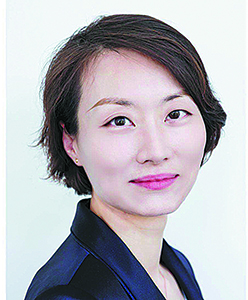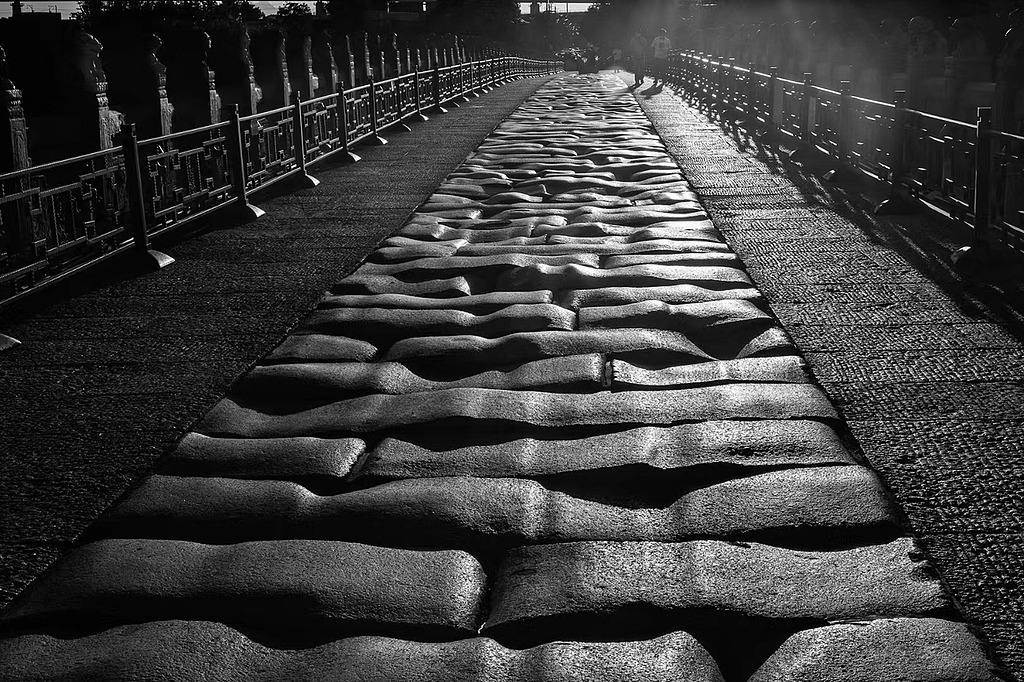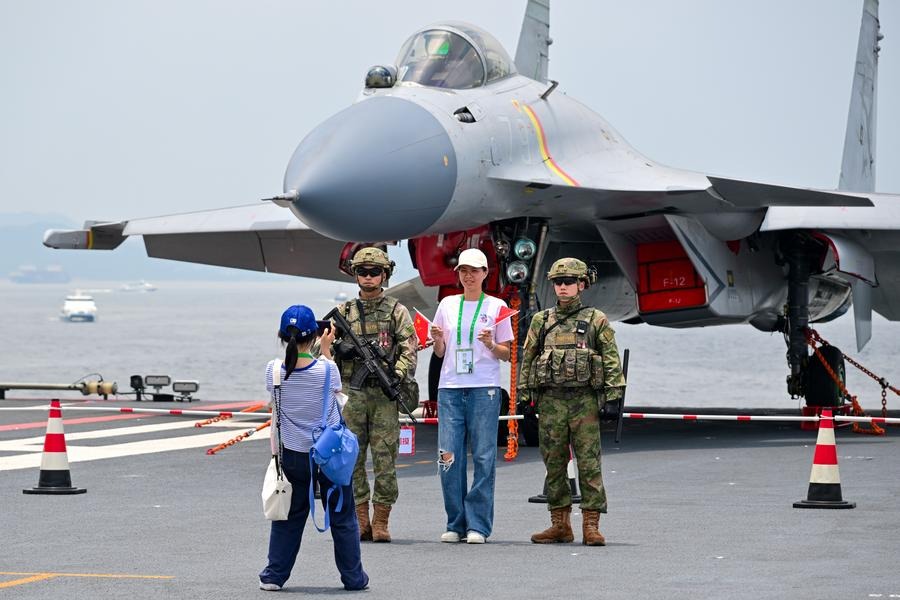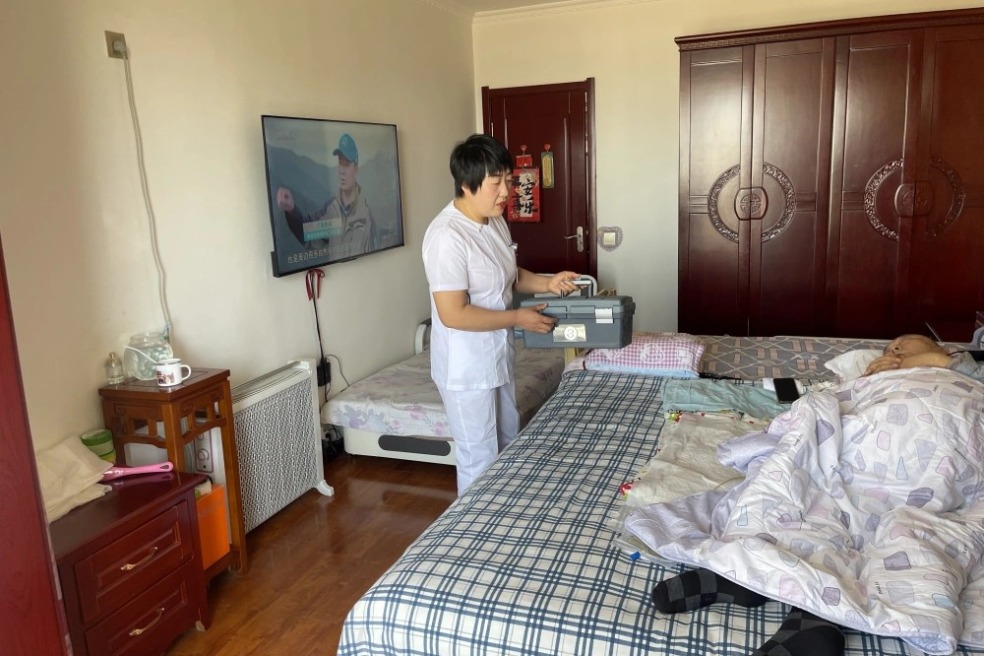Two sessions a window into understanding China's democracy


Overshadowed by the Russia-Ukraine crisis and the opening of the 2022 Beijing Winter Paralympics Games, this year's two sessions seem to be occupying less of the spotlight, at least during this initial period.
However, with about 3,000 national legislators and 2,000 political advisers gathering in Beijing-already a remarkable feat given the context of the COVID-19 epidemic-the two sessions should grab the world's attention once they officially kick off.
They are generally considered China's largest and most important annual political event due to the number of participants that attend, and the important issues discussed.
For those who are not familiar with China's political system or who don't follow it in detail, the two sessions are often viewed as a single event falling in early March each year.
However, for us reporters, each session is quite different in nature. One is the annual meeting of the National People's Congress, the country's top legislature and supreme organ of State power, and the other is the annual gathering of the National Committee of the Chinese People's Political Consultative Conference, the country's top political advisory body.
Deputies to people's congresses are elected to serve a term of five years. In China, there are five levels of people's congress: township, county, city, provincial and national levels. Township and county deputies are directly elected by residents, while the upper three levels are elected by the lower level deputies.
Currently, China has 2.67 million deputies, including 1.94 million at township level and about 3,000 at the highest national level.
Deputies are elected from all walks of life, from all over the country and from all national ethnic groups, so some may be farmers, workers or express couriers. They may not all be well-educated or capable of offering insight into State affairs, but each represent their constituents.
The Constitution stipulates that in China, all power belongs to the people, and the organs through which the people exercise State power are the National People's Congress and all levels of local people's congress.
That's why it is said that the NPC is the supreme organ of State power. But in practice, how do NPC deputies, as representatives of 1.4 billion people, exercise power?
As they sit in the Great Hall of the People listening to the premier, the chief justice and the chief procuratorate presenting their work reports, discussing their contents and offering criticism or suggestions before voting, the deputies are exercising their power.
As they review key national issues, such as five-year development plans and decide whether they are workable, they are exercising their power.
As they elect the president, the top judge and procurator, and vote to decide the premier and ministers, they are exercising their power.
As they deliberate law and conduct inspections to determine whether laws are being carried out efficiently, they are exercising their power, and as they put forward motions or suggestions, they are also exercising their power.
While the NPC is in session, provincial-level delegations or groups of NPC deputies numbering 30 or more are entitled to raise motions, mainly related to legislation. Last year, the NPC secretariat received 473 motions-467 related to legislation and six to supervision.
The NPC presidium then decides if a motion is to be included in the agenda. If yes, it will be handed over to a general session of NPC deputies for a vote. If adopted, the motion becomes legally-binding. If not, which is more often the case, it will be transferred to a subcommittee of the NPC for further examination and possibly be absorbed into future legislation.
NPC deputies can also make suggestions concerning political and social issues, which are then passed on to the relevant government and judicial departments. Every suggestion must be seriously reviewed, and a reply must be given to the deputy who raised it.
While the NPC was in full session last year, deputies put forward 8,993 suggestions, which were later passed on to 194 departments, according to official data.
Unlike deputies to people's congresses, CPPCC members are not elected, but instead are recommended by political and professional organizations. CPPCC members tend to be drawn from professionals, the elite and people outside the Communist Party of China.
CPPCC members serve as political advisers, which means they can offer proposals, whether as comments or suggestions, on major national political and social issues, and relevant bodies must also reply to each. However, they do not have the power to vote on government and judicial work reports, nor can they elect State leaders or make laws.
So every year, the premier makes a report to the NPC, not to the two sessions. CPPCC National Committee members are invited to attend to discuss the reports. They don't have the right to vote on them, but as many of them are successful professionals in their respective sectors, their input is valuable.
The State Council, China's Cabinet, said that it handled 8,666 NPC suggestions and 5,718 CPPCC proposals last year, and government departments have issued more than 1,600 new policies based on 4,300 of them. So, that is roughly how NPC deputies and CPPCC National Committee members perform their duties during the two sessions. While the NPC and CPPCC National Committee are not in full session, their power is exercised by their standing committees.
It is only by having a clearer understanding of the way that it works that you may be able to understand China's political system and Chinese democracy better. It is a system that prefers to downplay confrontation in favor of consultation and discussion.
- Government program launched to assist China's young job seekers
- Student dorm AC installations fast-tracked in Shandong
- Russian professor: SCO nations deliver more together
- Typhoon Danas makes landfall in Taiwan, leaving 2 dead and hundreds injured
- 3 dead, 2 missing after mountain collapse in Southwest China
- China strengthens elderly care safety with new emergency response plan




































